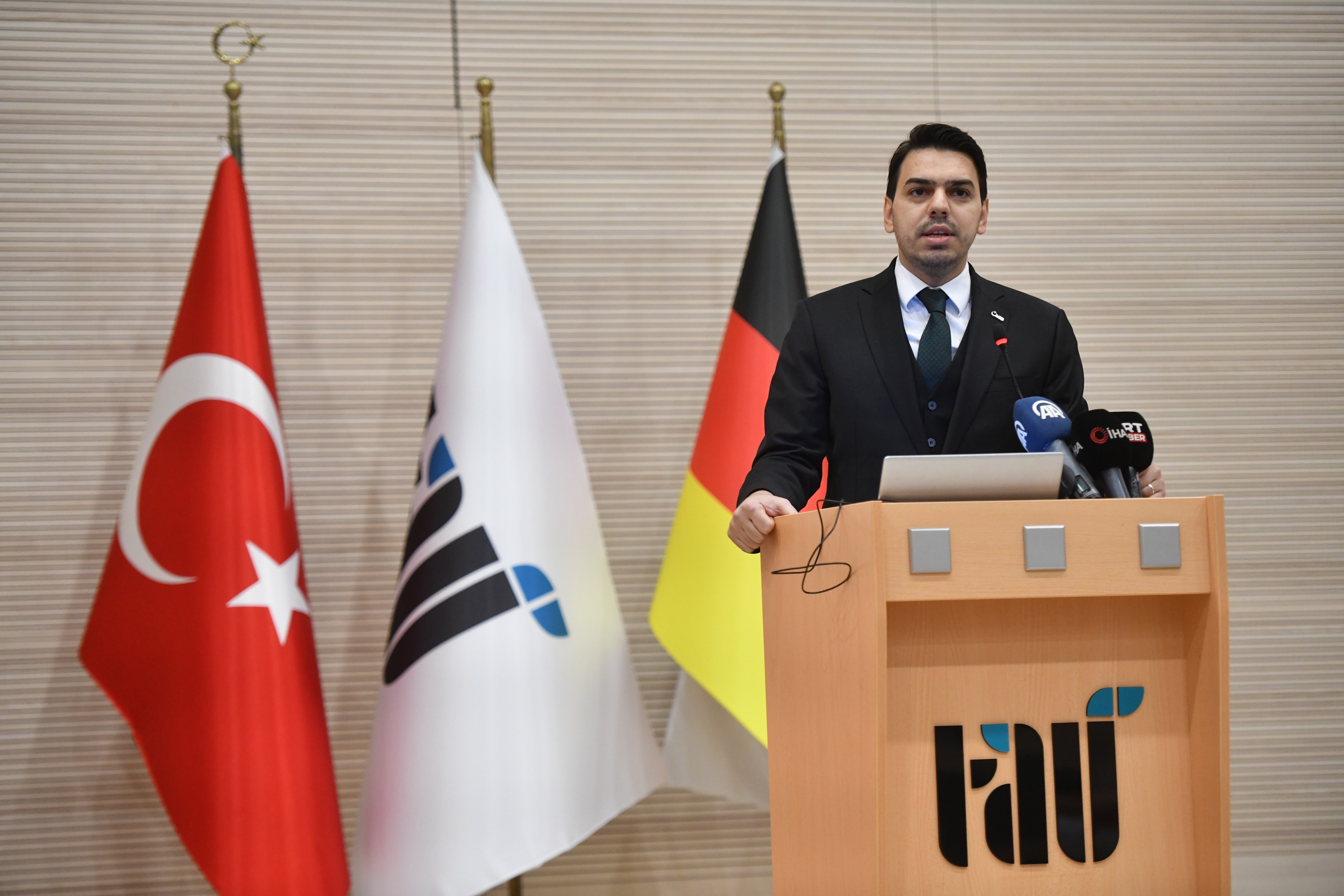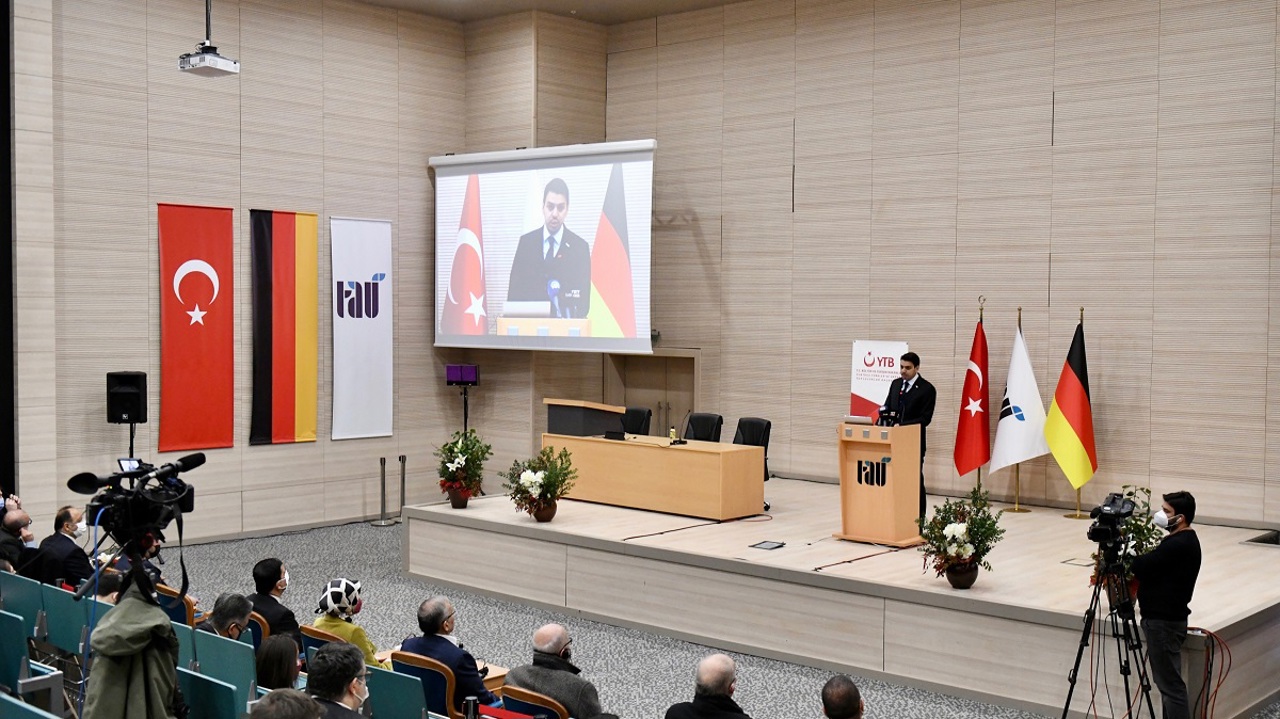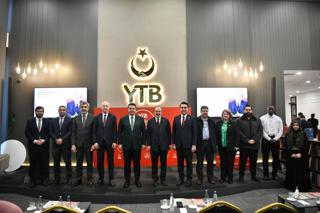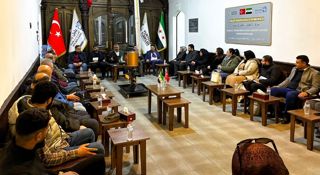The "60 Years of Turkish Presence in Germany" symposium is among a series of events to mark the anniversary of an agreement between Turkey and Germany for "guest workers," which started last year and continues in 2022, with events organized by YTB. Small groups of workers, who flocked to post-World War II Germany to help revive its economy evolved into the biggest community of expats in the country over the decades, as their number exceed 3 million.

The event discussed the early years of migration, the sociopolitical contribution of Turkish expatriates to German society and solutions to current challenges they faced. In a keynote speech, Abdullah Eren said Turks in Germany now have a strong presence in Germany in all fields, from health to music and sports. "The Turkish community played a critical, even a founding role, in Germany's economic and industrial development and they are now an indispensable part of Germany," he said.
He stated that the accomplishments of the Turkish community in Germany are not "independent of their rights such as equal and active citizenship, active political participation, education, use of their mother tongue and similar aspects, and they need issues they faced in those fields to be addressed."
Eren said there were some 4,700 Turkish civic society organizations in Germany and they helped with the socialization of new generations. He said YTB was helping them with capacity building and hoped that those organizations would work in a more coordinated way in fields such as education in their native language and fight against discrimination. He added that although immigrants made up about 26% of the German population, their political participation and representation were still not at the desired level, and added that the formation of mechanisms to achieve this was inevitable.
Turkish-German University rector professor Halil Akkanat said that the migration 60 years ago strengthened Turkish and German societies. "Nobody could guess that the Turkish population would be an inseparable part of Germany back then," he said. Akkanat noted that Turks in Germany passed the stage of "harmony" with society and started contributing to it in the following years and with the third and fourth generations, the Turkish migration evolved into a success story.




